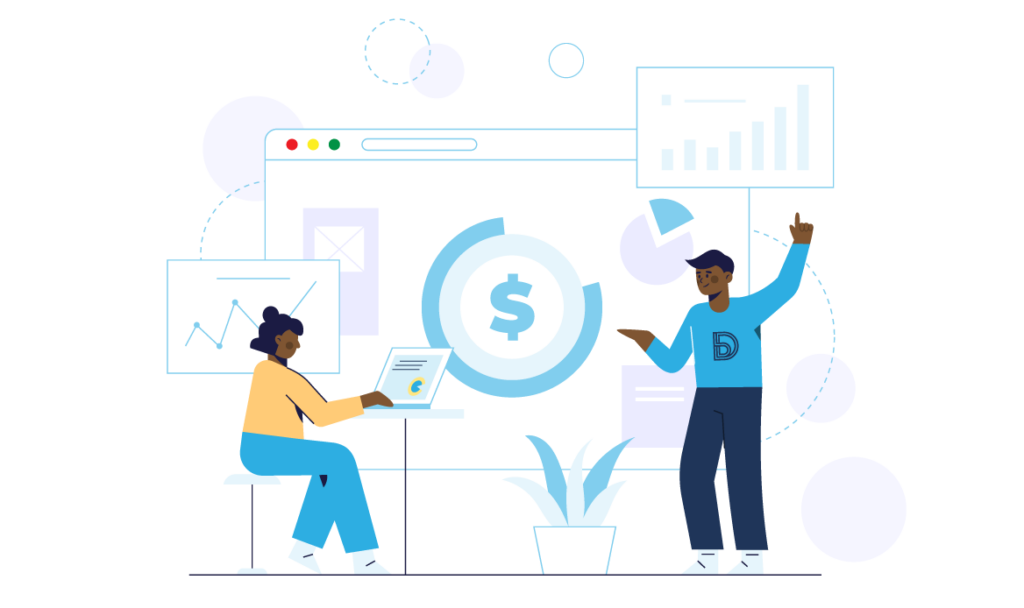After many years of covering the African tech ecosystem, we set out to build BD Funding Tracker, a database that gives our audience real-time insights into venture capital deals on the continent.
In 2022, we tracked $3.6 billion worth of funds raised by 360 African tech startups. However, we tracked 39 undisclosed deals as well; this means that about $4 billion was raised last year, according to our database.
At beginning of the new year, the various “state of funding in Africa” reports come out with different numbers. For instance, Briter Bridges said African startups raised $5.4 billion in 2022, Partech data showed $6.5 billion while the Big Deal’s findings were $4.8 billion—similar to our estimation. With this, it is obvious that there are contrasting deal-tracking methodologies across these institutions.
How did we arrive at our numbers?
First of all, it is important to note that we only curate data that is publicly disclosed. To ensure transparency, we include a reference—a link to a publication that announced the investment. So, our cumulative data doesn’t include deals that were not publicly announced.
Now that we have defined our data source, let us explore some of the criteria that inform our curation process:
Location
BD Funding Tracker curates deals by Africa-founded companies with Africa as their primary market in terms of operations or revenue—not based on HQ or incorporation. This means that companies founded by entrepreneurs of African descent, that are not operating on the continent are not counted.
Take Calendly for instance, the founder, Tope Awotona is of Nigerian descent, the product is also used in Africa. However, it is not an African-focused company, which is why it is not counted as an African unicorn.
Funding Type
Our coverage includes both equity and debt funding rounds, we do not cover grants or award prizes. For instance, last year, ThriveAgric emerged as the winner of the Visa Everywhere Initiative (VEI) 2022 for Central Europe, the Middle East, and Africa Region, this victory comes with a $25,000 prize—this was not included in the BD Funding Tracker.
We also include accelerators with a publicly disclosed standard deal. Y Combinator’s standard deal is $500,000, meanwhile, Techstars’ deal is between $120,000—$20,000, with this, we can estimate how much was invested in a company that joins any of these accelerators.
However, for companies that go on to announce closed fundraising immediately after joining an accelerator and also name the accelerator as one of the investors in the round, we confirm to know if the standard deal was added to get the total of the closed round.
Tech-enabled solution
It almost feels like every startup is a tech startup. Is that true? No! Some startups do not rely on technology as their primary product or service. Since our focus is the coverage of tech in Africa, every startup that meets the location and funding type criteria must be a tech startup before we can add it to our database.
End note
For now, these are the three criteria that we use in curating the BD Funding Tracker, we are working every day to improve this product and make it more interactive and relevant for our audience.
Aside from the annual report, we will provide you with insights into the African tech startup ecosystem investments landscape every quarter through our newsletter—BD Insider. The Q1 2023 report will be released in the first week of April 2023. Don’t miss out! Subscribe to our newsletter.
Get passive updates on African tech & startups
View and choose the stories to interact with on our WhatsApp Channel
Explore




